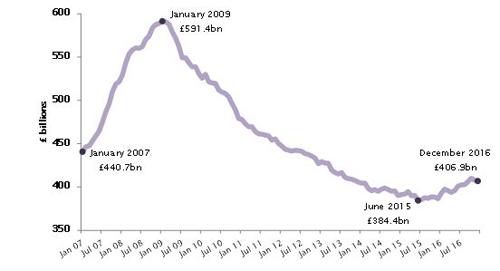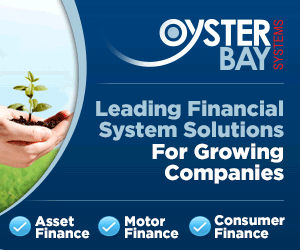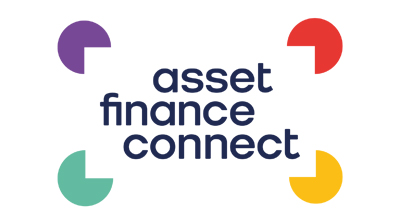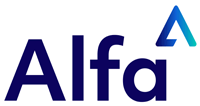According to the Asset Based Finance Association (ABFA), the body representing the invoice finance and asset-based lending industry in the UK and the Republic of Ireland, there was a record high of £22.2 billion of asset-based finance advanced to client businesses at the close of Q4 2016, compared to £14.1 billion in Q1 2007.
The ABFA adds that over the same period, outstanding traditional businesses loans have fallen 8% from £440.7 billion in January 2007 to £406.9bn in December 2016. The current figure is 31% below the peak for business loan books, which reached £591.4 billion in January 2009.
The ABFA says that in the wake of the credit crunch, invoice finance became a crucial form of funding as traditional forms of lending became more difficult to secure, with smaller businesses in particular needing to look to the full range of finance options available.
Since the end of the recession, the ABFA argues that asset-based finance has become a mainstream source of funding for many businesses.
It points out that there has been particular growth in use of asset-based finance by bigger businesses, with asset-based lending playing an important role in providing finance for M&A deals.
There has also been substantial growth in businesses borrowing against the value of other assets, such as their plant and machinery, unsold stock and property.
Jeff Longhurst, ABFA chief executive, said: “Asset-based finance was a real lifeline for small businesses during the financial crisis, but it has become a driver of growth for businesses of all shapes and sizes.
“For a large number of businesses, unpaid invoices are actually their biggest asset, and can be the key to unlocking the finance they need to accelerate their growth.
“While many businesses were initially drawn to invoice finance during the credit crunch, they have retained it as a key part of their funding model a decade later.
“Many bigger businesses have also looked to invoice finance to fund their acquisitions, and have moved on to using more assets than just their invoices to finance expansion.”
Around 80% of asset-based finance by volume is invoice finance (factoring and invoice discounting), in which businesses secure funding against their debtor book, represented by their unpaid invoices.
The other 20% represents asset-based lending, in which, in addition to funding against their debtor book, businesses can raise money secured against a range of other assets they own, including inventory, property and machinery.
The ABFA represents the Asset Based Finance industry in the United Kingdom and the Republic of Ireland. Its Members include UK and Irish high street banks, specialist and challenger banks, the specialist businesses of some international banks and large corporates and a number of independent non-bank finance providers.
Use of asset based finance
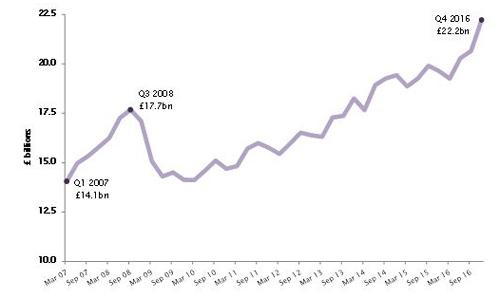
Traditional lending to businesses
